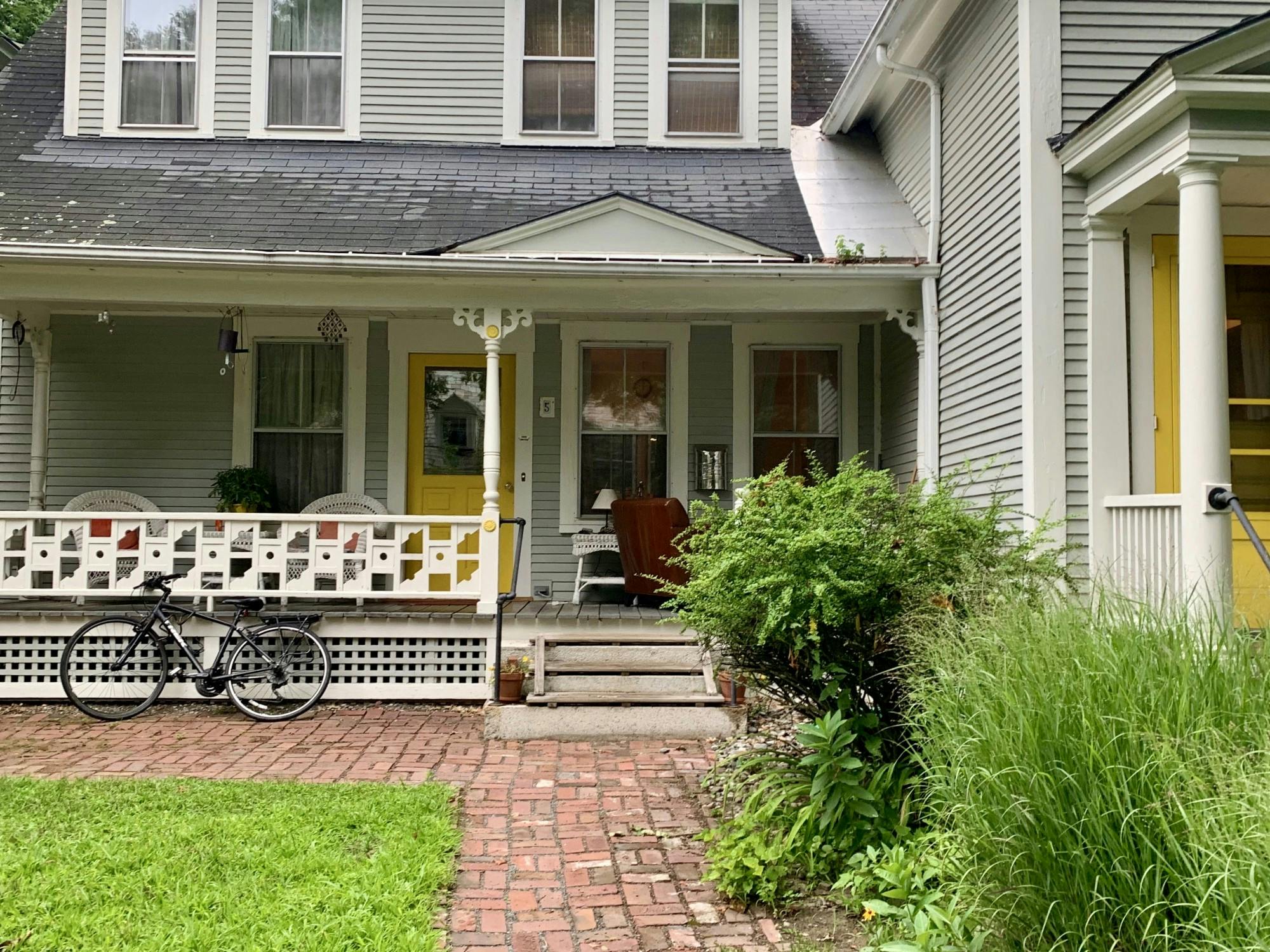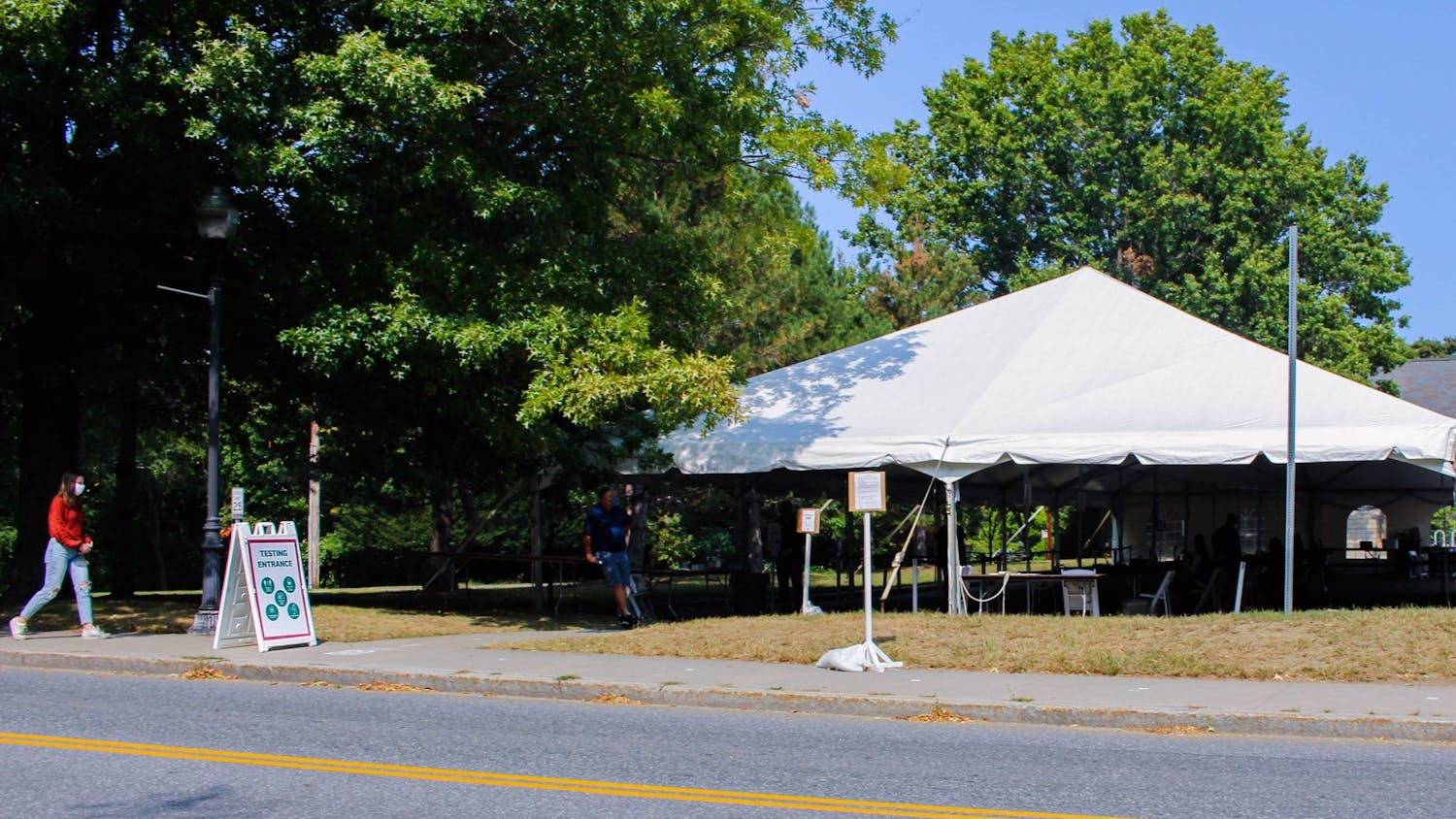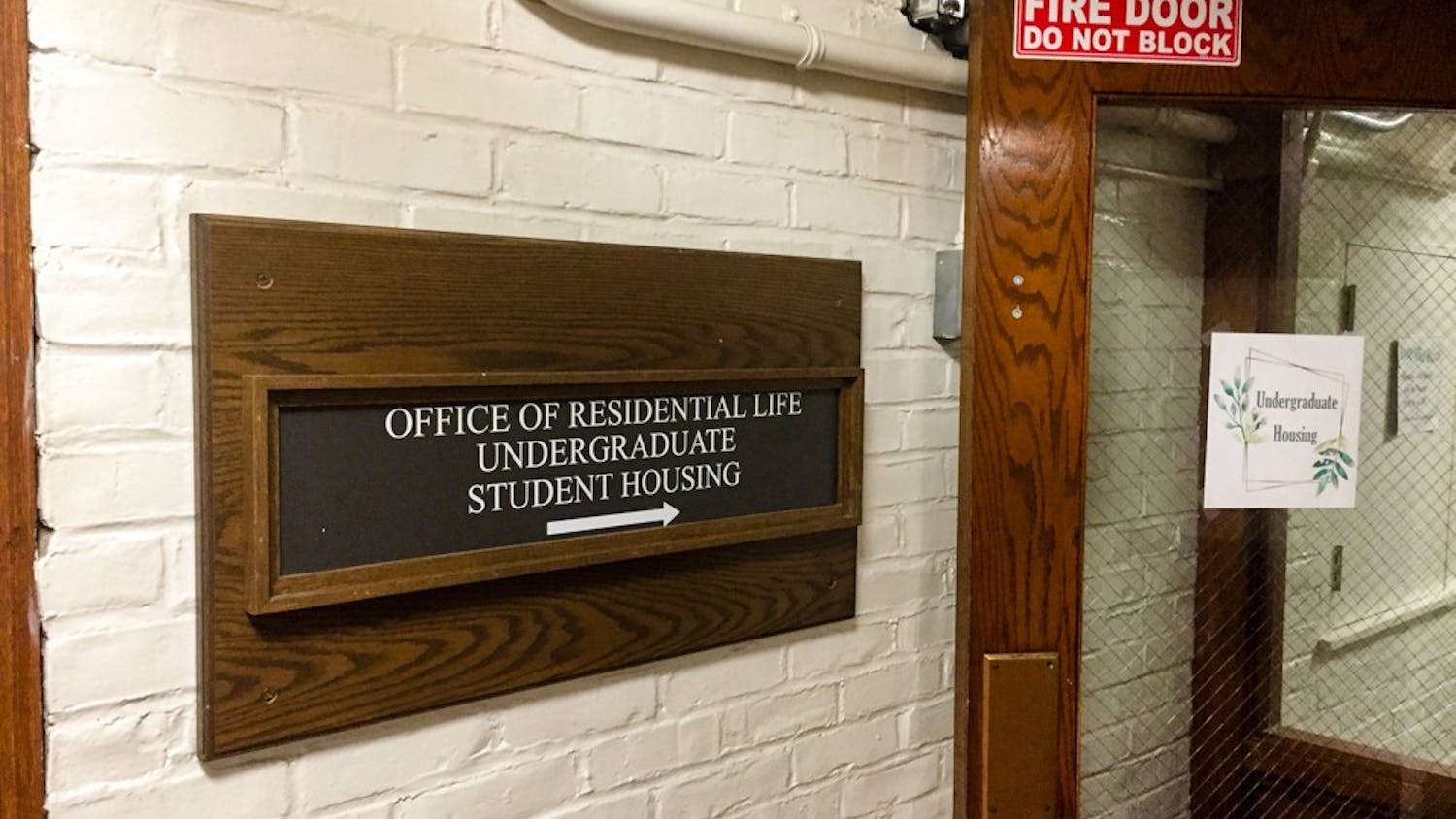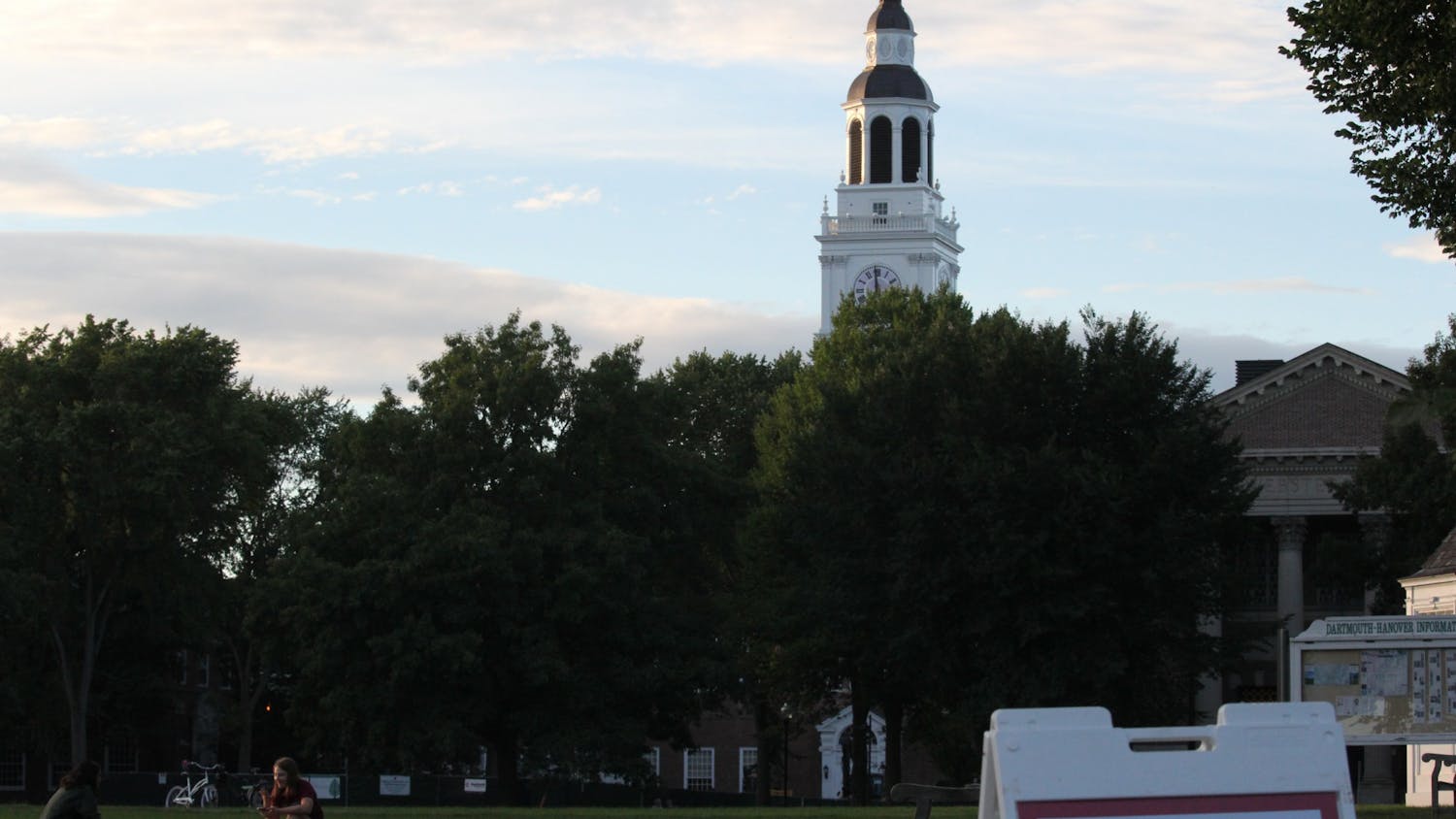With only around half the student body allowed in campus housing this fall, the start of the term has seen an uptick in the number of undergraduates living off campus in Hanover and in the Upper Valley.
Dartmouth students living off campus are expected to follow similar quarantine protocols to those living on campus, but they do not receive many of the same access privileges to College facilities. The policy has led some students to express concern over portions of the College’s reopening plan.
Jolin Kish, owner of Kish Consulting & Contracting, which manages leases primarily within a five-mile radius of Dartmouth’s campus, noted that there has been a notable increase in undergraduates occupying her approximately 600 leases, which are typically split evenly among undergraduate students, graduate students and non-students.
“There are probably more undergrads than usual,” she said of this year’s lessees. “Instead of 200 undergrads, there are 250. Instead of 200 grad students, there are 150.”
Regardless of whether students had originally planned to live off campus prior to the pandemic, many changed their plans in response to the College’s housing policies to be closer to campus.
Seven Sassano ’22, who is living in Hanover about a 15-minute walk from the Green, said that she decided to live off campus after the College announced its reopening plan since she did not know which terms she would be allowed to live on campus. Before the pandemic, she said that she planned to live on campus or in her sorority house.
“[Traveling] to Dartmouth for a term is a big deal. Being in a situation where I’m here for 10 weeks and having to go back and forth is impossible,” said Sassano, who is from Illinois and drove about 20 hours to get to campus.
In the past, students seemed to rarely consider living more than a mile away from campus, Kish said. During the pandemic, however, she has seen undergraduate students signing leases in Lebanon and Quechee, Vermont.
“From my understanding of the situation, most people living in Hanover signed their leases pre-COVID,” said Becky Milner ’21, who is living off campus in Hanover. “Almost every person living in Quechee or Norwich signed leases as soon as they realized that they would not be able to come back to campus in a normal way.”
Lauren Tran ’22, who is living with friends in West Lebanon, originally planned to live on campus but decided at the last minute to live off campus. She said that doing so made her feel more “secure,” as she worried about scrambling to make travel arrangements back home to California in the case that Dartmouth would require students to evacuate campus.
Tran was also concerned about where she would store her things if she had to evacuate on-campus housing, since Dartmouth has previously stated that it will not store new student belongings after fall term.
“With social distancing measures and Dartmouth policies, I would not consider moving back to on-campus housing,” Tran said. “It would only be when the [COVID-19] pandemic is less severe or if and when a vaccine that actually works is administered.”
For the most part, guidelines for quarantining off campus are similar to the on-campus rules, Dean of the College Kathryn Lively wrote in an email to The Dartmouth, citing the community expectations agreement released by the College this summer. In signing the agreement, students living off campus agreed to quarantine in their residences for 14 days upon arrival and to be tested for COVID-19 regularly by the College.
Tran noted that while students living on campus may be monitored closely to ensure that they are following College regulations, students living off campus are not subject to this supervision.
“Dartmouth doesn’t keep track of the off-campus students as much as the on-campus students,” Tran said, “No officials came by to make sure that you are following COVID procedures, so it was based on the honor system.”
Additionally, Lively wrote that there are some variations between quarantine for students on and off campus.
For example, the College did not test students living off campus on their specific arrival date in the area, instead starting the testing process for all off-campus students on Sept. 14.
“I understand what [the College is] trying to do, which is creating a COVID bubble, and I think the off-campus kids were their oversight,” Milner said.“I assume they know that leases start Sept. 1, and they did not test us until Sept. 14. Why [were] they waiting two weeks to test us?”
Like students living on campus, those living off campus must quarantine upon arrival, though Kish said that she has received conflicting information on when the 14-day period should begin. She said that students have told her the 14-day quarantine began upon their arrival at the apartment, while others have assumed that quarantine begins once the last student living in the apartment arrives.
“I don’t think that very clear instructions about how to quarantine off campus have been given to anybody with real-life examples,” Kish said.
Once quarantine ends, off-campus students must continue to adhere to Dartmouth’s rules regarding gatherings, which stipulate that students may not gather in groups of more than nine people.
According to the community expectations agreement, when on-campus students receive access to on-campus facilities on Sept. 25, off-campus students will not receive the same privileges to access the library or other campus facilities, a rule that has concerned some students.
“We are being held to the same standards as on-campus students, but I’m not able to access the same things, which doesn’t really make sense to me,” Sassano said.
Lively said that more information about off-campus students’ access to facilities will be available next week but noted that as of now, the no-access policy remains in place.
Milner said that it is a “bummer” that she will not have access to the library and other facilities on campus and voiced concern about off-campus students not being able to access community spaces for club meetings. She cited her own potential inability to attend in-person meetings as president of Dartmouth Hillel if the Council on Student Organizations guidelines, which have not yet been released, require on-campus enrollment for in-person club meetings.
“I’m really, really worried that if you reserve a time or something to be in a tent with your organization [and] everyone who’s there has to be on campus enrolled, I wouldn’t be able to go to that even though I’m the organization’s president. I have to be there to host it,” Milner said.
Milner said that many student leaders, who are predominantly seniors, may be living off campus because many of them did not receive residence on campus for the fall.





